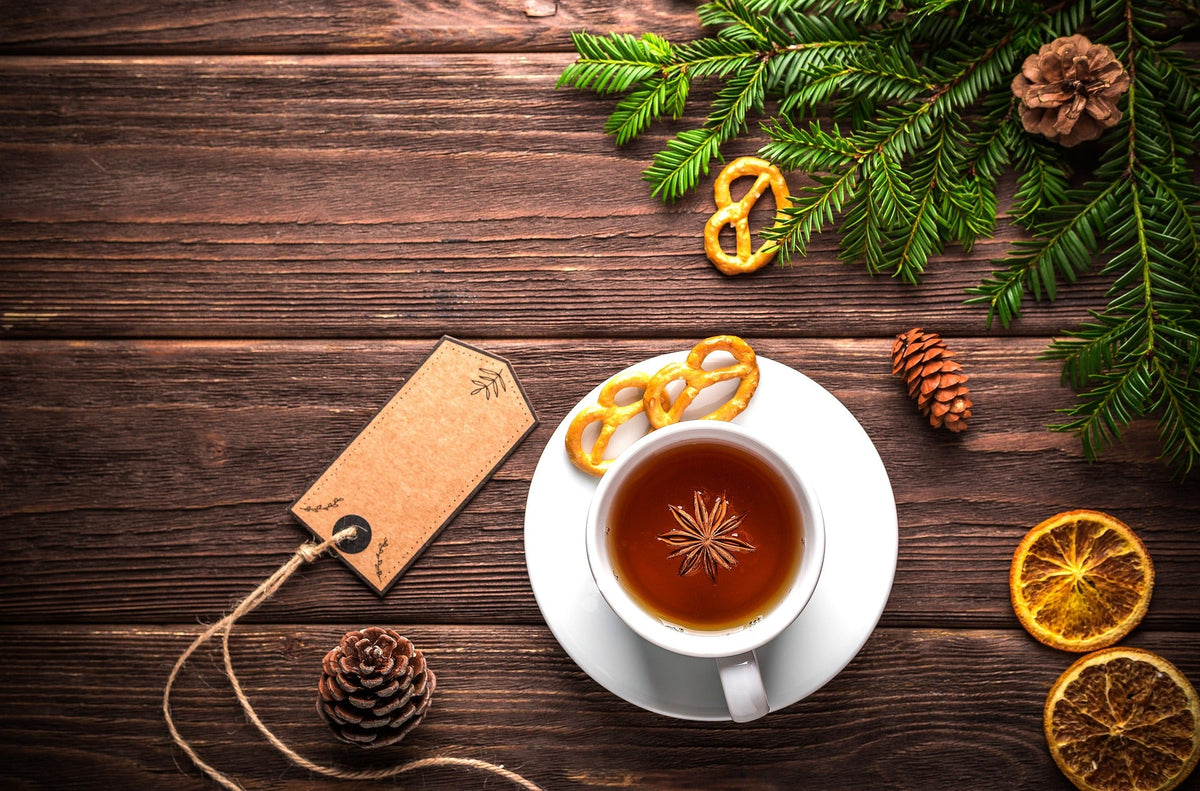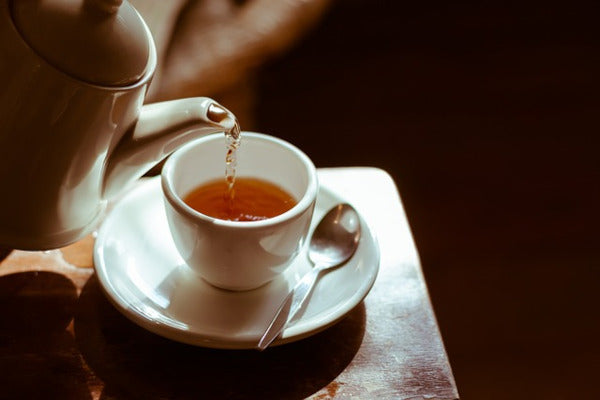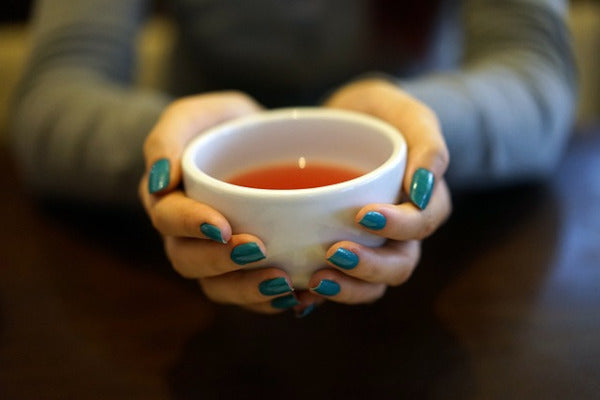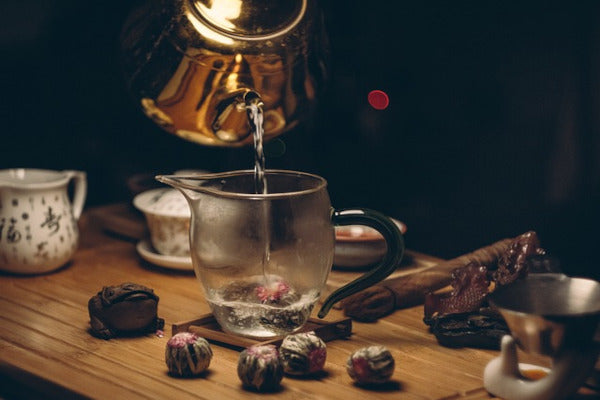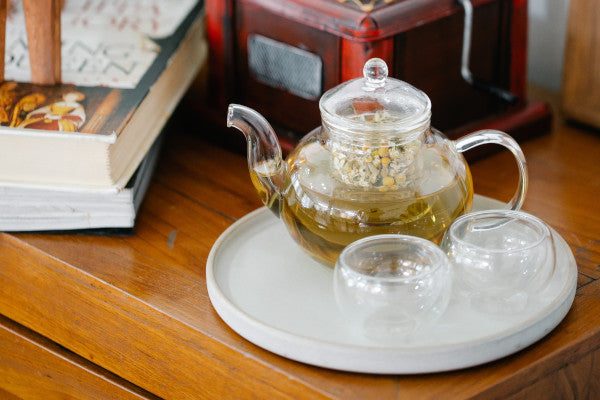Many plants and herbs that grow in any garden have healing effects, but how can you prepare these herbal infusions and make them effective? Many different plants have been used as infusions for centuries and are not only found in pharmacies. It's worth going with your eyes wide open to the garden or park, as there are many herbs that make a healthy organic infusion . We explain in detail how to prepare an infusion.
Mint against gastrointestinal problems
Those who want to plant mint in their own garden for medicinal purposes are best served by the Peppermint variety. However, not every variety is suitable, as there are many varieties available, including poisonous spices or some with a high menthol content, which can cause gastrointestinal irritation.
Peppermint is on the safe side, as its essential oils soothe gastrointestinal discomfort and increase bile production and biliary drainage.
Nettle infusion helps the kidneys
Nettle can be found almost everywhere, and many gardeners won't like to see much of it in their garden because it has such a tough vegetation. However, if you remove the young shoots, you can make a great infusion. The first fresh shoots, especially, contain many valuable minerals and vitamins, but at the same time, they increase the kidneys' filtering capacity.

Chamomile and yarrow against cramps
Chamomile grows in many gardens, and infusions are a strong anti-inflammatory and antispasmodic, helping with irritated mucous membranes or gastritis. Chamomile promotes wound healing, and breathing in hot water vapor with chamomile helps with cold symptoms. However, yarrow flowers have a stronger antispasmodic effect than chamomile.

Thyme and sage
Thyme (Thymus vulgaris) is not only known as a popular culinary herb, but also a useful medicinal plant that is often underestimated. Thanks to its antimicrobial effect, it helps keep bacteria down in mucous membranes caused by a cold.
Sage is a good companion to thyme, as it reduces inflammation in the mouth and throat during colds, and gargling with its infusion is often effective. Sage is especially used for gastrointestinal mucosal problems and also reduces sweating, which is why it is often used during menopause.
How do you prepare a herbal infusion correctly?
The dried leaves and flowers are crushed before infusion. This creates a larger surface area on the leaves, allowing the aroma to unfold more fully. Those using fresh plants should harvest about four to five times the normal amount and only use boiling water to ensure that any germs are killed.
It's important to remember that plants grow close to the ground, and bird droppings, for example, fall there, which can contaminate the plant with diseases and even salmonella. That's why boiling water is necessary. Depending on the herb, the steeping time is between five and ten minutes.
How to dry herbs?
If you're thinking of making your own homemade organic infusion , you should consider the source of the herbs and, above all, use organic herbs . You can grow them in your home garden, on your balcony, or indoors in a container near a window.
To make an infusion or a cup of tea, dried herbs are generally used. Freshly picked herbs can usually be air-dried or, more quickly, oven-dried at around 50 degrees. This oven-drying process takes approximately 6 to 8 hours to complete, and the temperature should not exceed 50 degrees to fully retain the herbs' valuable ingredients.
After drying, the herbs are stored separately in a tightly sealed container in a dark, dry place. From there, you can try making interesting combinations between different dried herbs.
Herbal infusions do not replace treatments prescribed by a doctor.
Despite the enthusiasm for healthy infusions from nature, it must be remembered that the beneficial amounts of these plants are not comparable to medicines prescribed by a doctor.
Herbal or fruit infusions support healing processes, and the amount of vitamins in the plant is often too small to have a significant medical effect in cases of serious illness. But they can be an excellent supplement. Who hasn't had a linden infusion to relax or chamomile to relieve indigestion? It's no wonder that plants with bamboo infusions have become so popular. But they should be taken with knowledge and every precaution.
Tétique teas and infusions are a safe bet, because we only work with organic products. If your doctor approves, we'll give you the confidence of an organic tea free of pesticides and chemicals.


